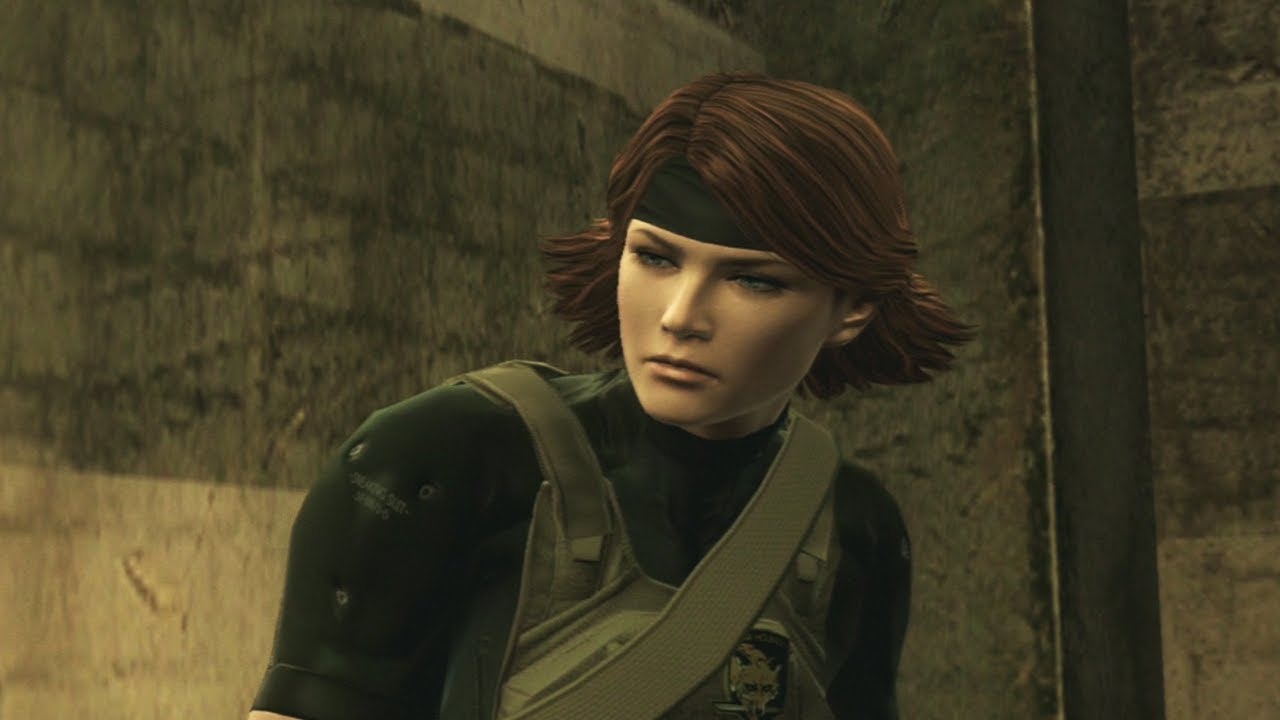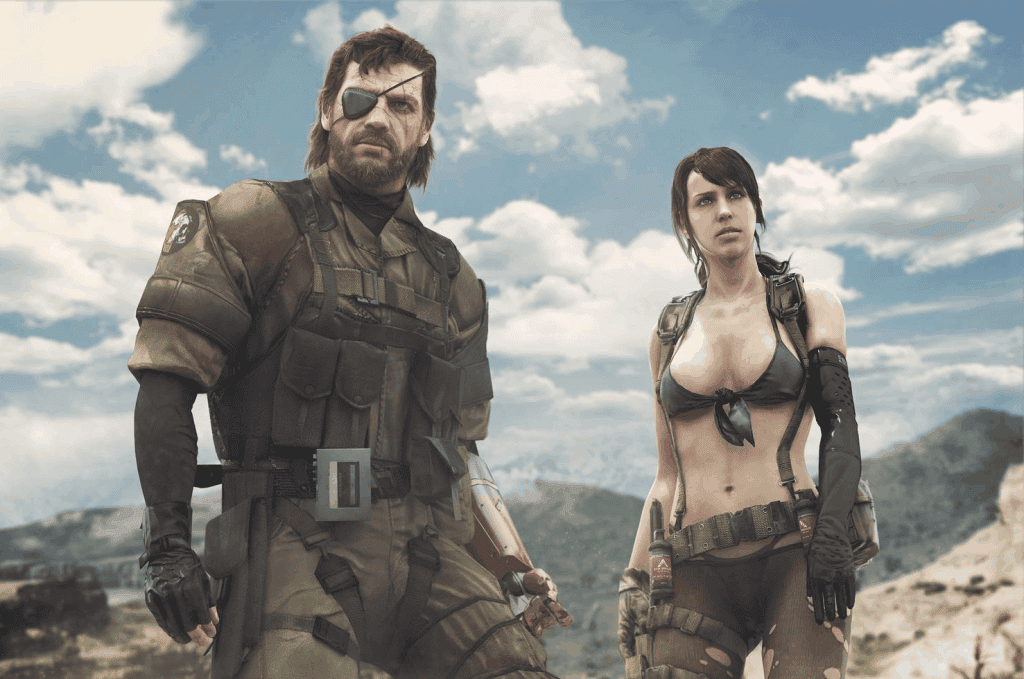

"Metal Gear Solid" is different because, from top to bottom, it feels like it came from Hideo Kojima, even if plenty of it probably didn't. Games with huge financial backing generally aren't allowed to be as messy or risky as they should, and there usually isn't one creative mind putting their stamp on the whole thing. I'm looking forward to the upcoming "Call of Duty: Infinite Warfare," but like most big-budget games, it's going to have all its edges rounded so it can be as palatable to a huge audience as possible. In a world with vampires and ghosts, nuclear war is still the biggest threat to mankind, somehow. There are also the titular Metal Gears, which are basically walking tanks that can fire nuclear weapons. The Sorrow is a ghost who doesn't fight you so much as he makes you walk down a river, avoiding the vengeful ghosts of every enemy you've killed up to that point in the game. The End is a geriatric sniper who rejuvenates himself with photosynthesis and will die of old age if the player sets their PlayStation 2 system clock ahead by a week. Fatman is a big guy who rollerskates around a helipad, planting bombs that the player has to defuse before they can defeat him. Psycho Mantis was a telekinetic mind-reader who would dig into your PlayStation memory card and tell you which other games you were playing.

Just look at the bosses you have to fight in each game:

Though "Metal Gear Solid" ostensibly takes place in the real world and frequently uses real historical events to frame its own madness, the series has never cared about obeying any laws of nature.


 0 kommentar(er)
0 kommentar(er)
